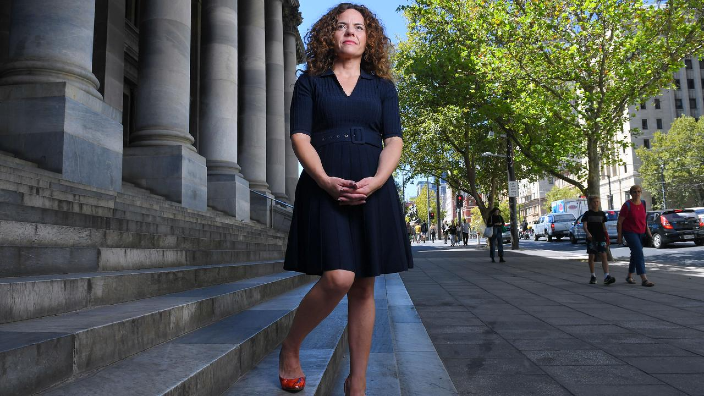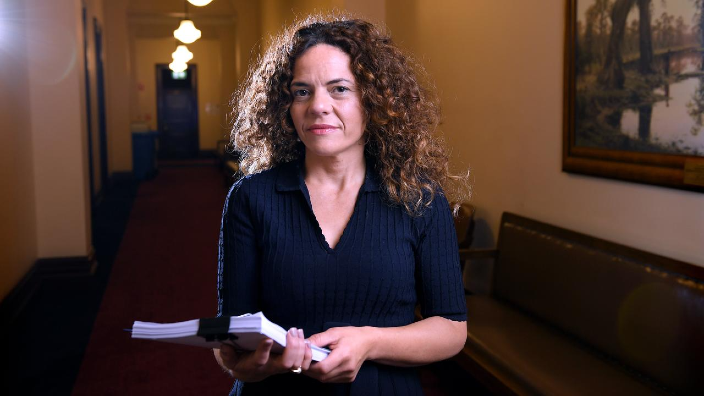SA-BEST MLC Connie Bonaros has proposed new laws to establish a Gender Equality Commissioner in South Australia to help identify and address inequity, such as gender pay gaps, across the state’s public sector.
The Advertiser reports that the Gender Equality Bill would affect more than 107,400 public servants from nurses to teachers, judges, local mayors and MPs – 14.4 percent of the South Australian workforce.
“This Bill is to ensure we are not judged by our chromosomes and can live our lives without discrimination, harassment, bullying and violence,” Ms Bonaros told The Advertiser.
“If passed, South Australia will be the second state in Australia to enact gender equality legislation following Victoria’s lead from last year.”

READ MORE: Greek Australian politicians on why SA Parliament has the worst female MP representation in Australia.
The Bill would cover public service ‘entities,’ such as universities and the South Australian Courts Administration Authority. The entities would have clear obligations to set up and meet tailored gender targets, while the Gender Equality Commissioner would oversee the Bill’s compliance and enforcement.
Labor is broadly supportive of the Bill, up for committee stage discussion in the Upper House from August. The state government is still formalising a position on it.
READ MORE: SA Best MLC Connie Bonaros urges for sexual harassment review recommendations to be implemented.
Ms Bonaros said gender equality was a basic human right and one that brought significant economic, social and health benefits for South Australians, including the prevention of family and other forms of violence.

She said public sector workplaces needed to be a beacon of example in gender equality if it was expected of non-government businesses and corporations.
State opposition spokeswoman for Women, Katrine Hildyard, agrees and told The Advertiser she also sees “benefits” to the proposed bill.
“We see benefits in establishing a Commissioner for Gender Equality like Victoria has to promote gender equality programs, services and workplaces, and have contemplated similar legislation.
“It is unacceptable women continue to be disproportionately and negatively impacted by pay inequality, gendered violence, sexual assault and other forms of discrimination, all of which a Commissioner could proactively address.”
Source: The Advertiser.

